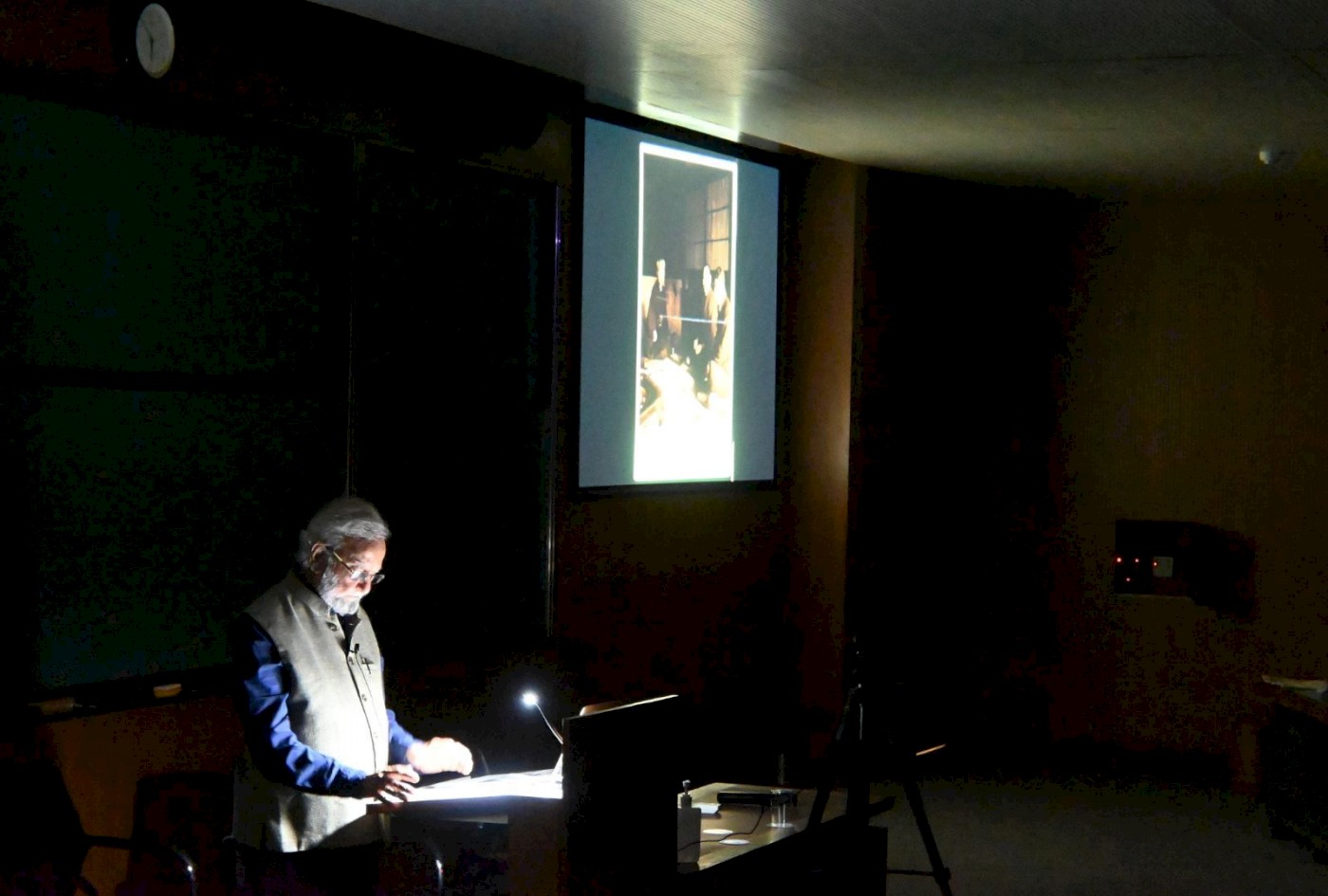14th Inter-Asia Cultural Studies Biennial Conclave Brings Together Global Scholars Over Collaboration and Knowledge Exchange

The Covid-19 pandemic disrupted the lives of millions of people. It became essential to transform old norms, foster new modes of knowledge exchange, expand our interrogations of culture, and strengthen our alliances. This is precisely what the 14th Inter-Asia Cultural Studies (IACS) Biennial Conclave hosted by the Centre for Inter-Asian Research set out to do.
Themed around Post-Pandemic Futures: Re-Mapping Inter-Asian Routes, it focused on reshaping inter-Asian conversations by reshaping collective visions and fostering collaboration among participants. The Conclave, which saw multicultural participation from prestigious universities such as Yale, Harvard, and the National University of Singapore, delved into transnational media consumption, cultural production, and the emerging mobility dynamics in the post-pandemic world.
In Gulammohammed Sheikh’s session, Not by Eyes Alone: The World of Binodebehari Mukherjee, he discussed the work of the visually-impaired painter Binodebehari Mukherjee, who created an iconic visual world using his other senses. Ho Tzu Nyen’s session, The Critical Dictionary of Southeast Asia Revisited, deliberated on what constitutes the unity of Southeast Asia, a region that has never been unified by language, religion, or political power.
IACS 2023 experimented with a novel way to conduct fruitful discussions – Research Clusters. These clusters examined the role of media in shaping cultural intersections and mobility in Asia. There were extensive discussions on the circulation of films from other South and East Asian countries that, until recently, were confined to their domestic market, the dynamics of diverse producers and fans, and cross-regional commoning between Asia and other regions. Another cluster deliberated on mobility, focusing on religions, commodities, stories, and the state. They also discussed the Indian Ocean as a globalising arena during premodern, early modern, and modern periods, highlighting the importance of the ocean or seascape as a method rather than just a geographical or historical site. These clusters emphasised the value of cross-regional and comparative research in understanding these complex phenomena.
The Conclave explored how young women experience intimacy in today’s age of social media. It discussed how digital mediation is transforming the institutions of family, marriage, and tertiary education.
The Conclave helped to transform the way we think about inter-Asian cultural studies, bringing together scholars from all over Asia to discuss new ways of collaborating and exchanging knowledge. It prepared the ground for further conversations about the future of the field, with research clusters planning to publish edited books, journal issues, and co-authored journal papers, webinars, and workshops.



